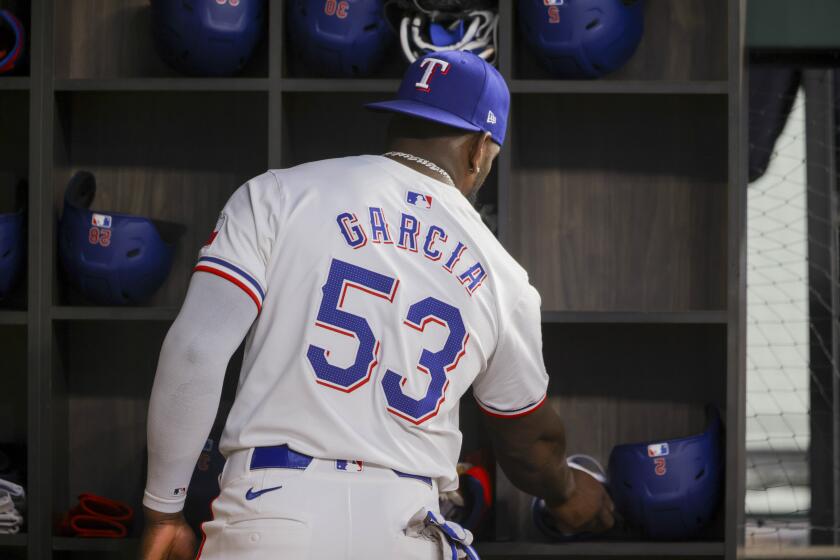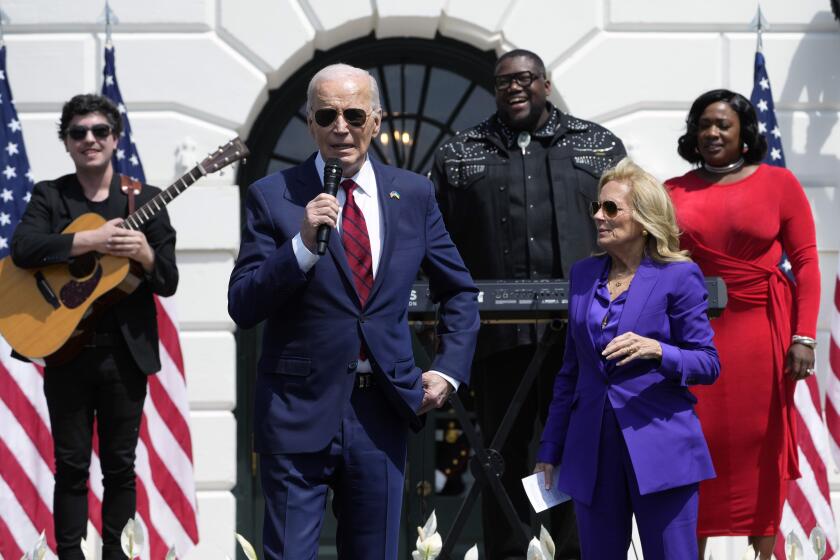Hundreds arrested in Venezuela looting, Caracas says power fully restored
About 570 people have been arrested in the western Venezuelan state of Zulia in a wave of looting against at least 350 stores that kicked off on the weekend amid the massive power blackout that affected most of the country.
A government source in the oil-rich region told EFE that the number of people arrested jumped in the last 24 hours from 377 to 570, although so far the authorities have not provided a total for the number of people injured in the violence.
Ricardo Acosta, the spokesman in Zulia for Fedecamaras, the country’s main business association, told EFE that looting occurred in at least four cities in the state but was concentrated in Maracaibo, the capital.
Just in that city, he said, more than 300 businesses were targeted by violent groups of desperate people, especially on Monday when the number of people joining the mobs exceeded the deployed security forces.
The looters focused on stealing merchandise and equipment from bakeries, workshops, grocery stores, clothing and shoestores, pharmacies, jewelry stores, furniture outlets, opticians and malls.
“The losses range from merchandise, office materials, work equipment to damage to the companies’ buildings,” Acosta said.
The first vice president for Fedecamaras said that on Wednesday “a little bit greater police and military presence on the streets than in previous days” began to be seen, a situation coinciding with the announcement by Zulia Gov. Omar Prieto that 200 additional security forces would be deployed statewide.
The president of the Maracaibo Chamber of Commerce, Fergus Walshe, cited the lack of police patrols as one factor that aggravated the looting, emphasizing the “brutality” of the attackers, who also invaded a hotel and stole sinks, toilets and even electric cables.
Local media and union spokespeople said that more than 10 people were injured during the looting.
Maracaibo Mayor Willy Casanova, a supporter of the Nicolas Maduro government, condemned what he called “terrorist” activities and said on Twitter that the authorities “could not act with the necessary forcefulness” to quell the violence except at a few places.
The blackout that began last Thursday was the longest in the history of such events in Venezuela and the Maduro regime has claimed - without providing any proof - that it was due to sabotage by the political opposition and the US government.
The Maduro government on Thursday reported that the country’s electric grid is functioning “normally” now, a week after the massive blackout that left most of the country in the dark.
Information Minister Jorge Rodriguez told state-run VTV television that the electric system worked normally and “perfectly” on Thursday, with work activities - which had been halted due to the power outage - fully resumed nationwide.
“We can report that the electric system ... responded properly, without further complications and scares when those activities resumed,” he added.
EFE confirmed that in Caracas the metro and other public transportation functioned normally, although without the usual number of passengers.
Shopping centers and office buildings also resumed their activities, although with certain restrictions on electricity consumption that affected the use of elevators and escalators.
Rodriguez also said that the restoration of electric power had allowed potable water service to be reestablished across much of the country with the exception of certain regions in western Venezuela, where “technical” difficulties, which he did not specify, still persist.
He also said that schools will remain closed untiol Monday so that they can be “prepared and cleaned” for the resumption of classes.
Last Thursday, Venezuela began suffering the longest power outage in its history, a five-day ordeal that affected most of the national territory. The Maduro regime blamed the blackout on sabotage by the US and the Venezuelan opposition.
Meanwhile, US Secretary of State Mike Pompeo announced Thursday that “all” US diplomats in Venezuela have left the country and that Washington will reestablish its diplomatic presence in the country once the “democratic transition” there has begun.
Pompeo said that the diplomats will continue working on their tasks regarding Venezuela from other locations, which he did not specify, where they will help to manage the flow of humanitarian aid to the Venezuelan people and support the democratic actors who are resisting the “tyranny” of the Maduro regime, which the US does not recognize as legitimate.
State Department spokesman Robert Palladino said that the diplomats used a charter flight to return to the US and brought home with them “things” that weighed a great deal, although he did not specify if those items included documents, office equipment or other belongings or gear.
Pompeo said that the decision to pull the diplomats out of the country came as a result of the “deterioration” of the situation in Venezuela, as well as the conclusion by the US government that the personnel had become an obstacle for US policy in the area.
Pompeo also said in a video posted on Twitter that the US was determined to ensure that humanitarian aid gets into Venezuela, and he promised that Washington will continue working with Brazil and Colombia to return democracy to the South American nation.
The US government also announced Thursday that this week it prohibited US entry to 340 Venezuelans, of whom 107 are diplomats linked to Maduro, and their relatives.
Palladino made the announcement whereby the number of Venezuelans’ visas revoked by the US since the end of 2018 has now risen to 600.
The people whose visas were revoked include “corrupt” individuals who were possibly participating in stealing Venezuelan assets for their own personal use, said Palladino, who warned that the State Department is considering revoking more visas in the coming days.
When asked by EFE, a top State Department officials refused to provide details on whether any of the 340 people affected were already in the US.
Meanwhile, in Caracas, monthly inflation fell in February from 191.6 percent the month before to “only” 53.7 percent, according to the opposition Parliament’s Finance Committee, which added that despite the apparent positive news prices rose over the past year by almost 2.3 million percent.



